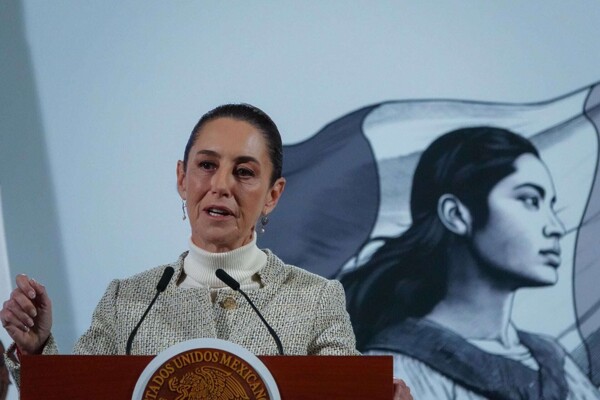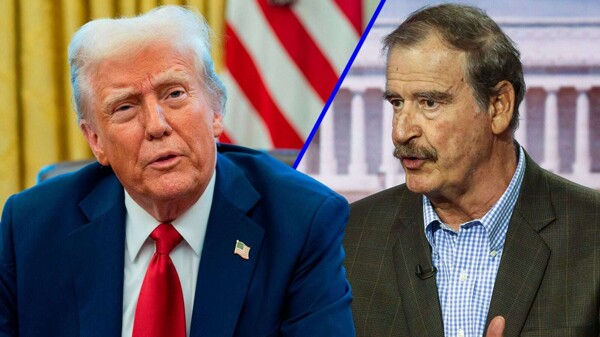
The Mexican government has promoted energy counter-reforms, establishing that Pemex and CFE return to being state-owned enterprises with an emphasis on sovereignty, self-sufficiency, and state control, which could harm the citizenry regarding the exploration and exploitation of crude oil. It is mentioned that the government will reduce the fees it charges for crude oil extraction to 30%. Despite the importance of this sector for Mexico's economy and, in particular, for Sheinbaum's administration, there are concerns about Pemex's ability to meet its debts and the decline in production.
A contraction in GDP has been confirmed in the fourth quarter of 2024, and the creation of the National Energy Commission is mentioned to revive old contract models in the sector, which may not be attractive to private companies. This measure could affect foreign and national investment in the energy sector, vital for economic development. Furthermore, it is established that CFE must generate 54% of the total electricity, modifying measurement criteria, which may impact electricity generation in the country. The recently created CNE has complicated the obtaining of information about oil production.
These decisions can be seen as a setback of thirty years in energy policies and could negatively impact investment in energy, which in turn would affect other sectors of the national economy. The current situation of the energy sector highlights the difficulty in obtaining transparent information about oil production, raising concerns about the management and efficiency of the country's state-owned enterprises.














